Can stand-up comedians cross lines and tackle taboos in China?
A Chinese stand-up comedian has landed himself in trouble after cracking a joke seeming to compare the People's Liberation Army with dogs. Lianhe Zaobao correspondent Wong Siew Fong finds out why people are up in arms, and if the authorities' slew of punishment is justified.
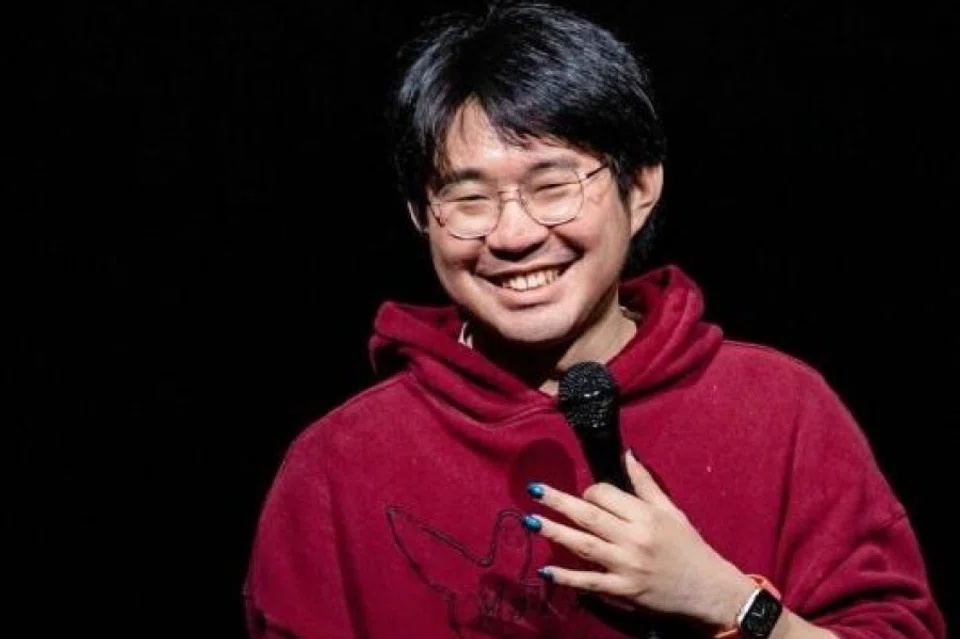
Chinese stand-up comedian Li Haoshi - stage name "House" - found himself in a minefield of controversy in China earlier this month, as his analogy of two stray dogs being "well-behaved and capable of winning battles" (作风优良,能打胜仗) sparked criticism from the Chinese public. The ensuing severe punishment from the Chinese authorities also drew domestic and international attention.
Touched on sensitive topic
The controversy began with a Weibo post on 13 May, when a netizen shared their discomfort with a joke during a comedy show by Xiaoguo Culture Media Co in Beijing.
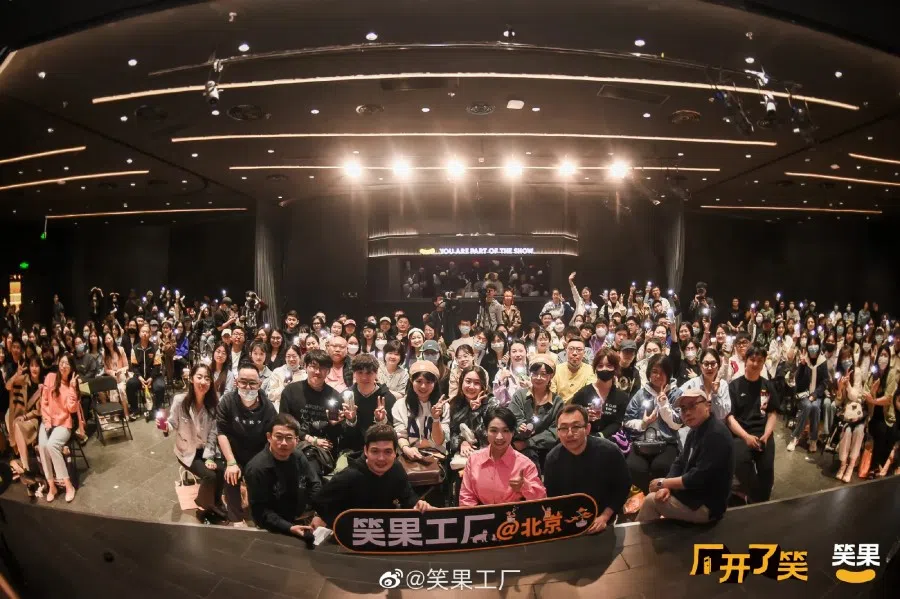
The post said, "A stand-up comedian (I won't name names) said he adopted two stray dogs, but watching them chase squirrels had sparked different feelings in him. Other dogs melted his heart with their cuteness and charm - the two stray dogs made him think of the words 'well-behaved and capable of winning battles'."
To understand why this joke triggered such a strong reaction in China, one would need to grasp the Chinese linguistic context. One major issue lies in the metaphor of "stray dogs". In Chinese, the word "dog" carries a negative connotation and is used in derogatory phrases such as "worse than pigs and dogs" (猪狗不如), "lackey" (狗奴才) and "traitor" (狗汉奸).
... even in Western stand-up comedy, there are taboo topics - if someone were to joke about homosexuals or Nazis, they would face similar criticism.
The phrase "well-behaved and capable of winning battles" mentioned by Li refers to one of the goals for the military put forward by Chinese Communist Party General Secretary and Chair of the Central Military Commission Xi Jinping in 2013.
Negative comments about China's ruling party and military have always been a highly sensitive topic. Clearly, Li stepped on a minefield and crossed China's red line with his joke comparing the People's Liberation Army (PLA) with dogs.
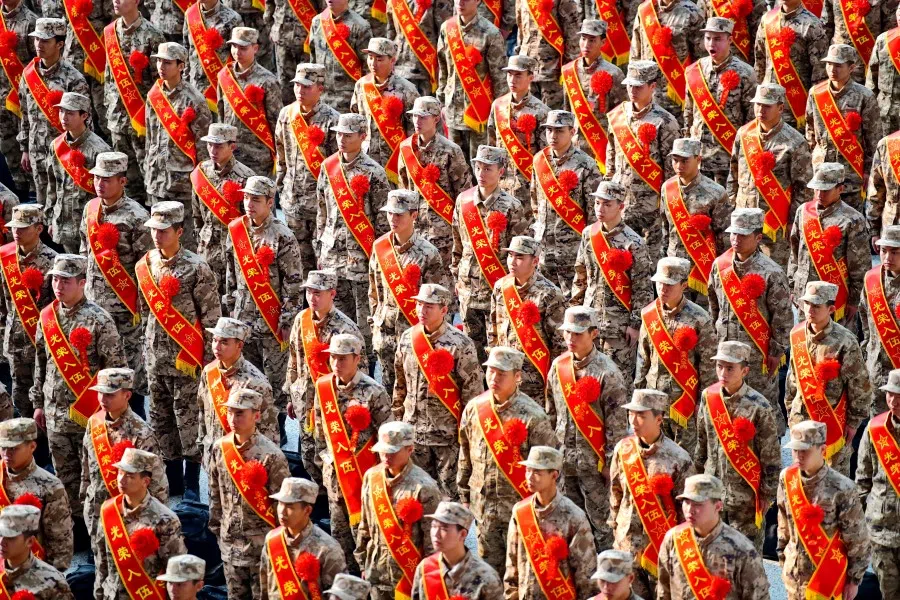
Those who defend Li Haoshi feel that stand-up comedy as an art is inherently offensive and a form of freedom of speech, and that jokes about sensitive topics should be tolerated. Meanwhile, detractors believe this argument is flawed because even in Western stand-up comedy, there are taboo topics - if someone were to joke about homosexuals or Nazis, they would face similar criticism.
Punishment on top of punishment
In China's context, Li's joke went too far and crossed the red line, leading to inevitable consequences. The question is, how heavy should the authorities' punishment be for such outrageous remarks?
The official response to this incident has escalated over the past week. After public opinion intensified, the Western Theater Command and state media People's Daily each made public responses on the matter on 15 May.
Some even called for a clean-up of the entire stand-up comedy industry.
The Western Theater Command posted an article on its official WeChat account titled "Such 'stand-up comedy' makes soldiers angry!", noting that such "shameless remarks" had caused "real feelings of provocation, insult and outrage". Meanwhile, the People's Daily warned on Weibo against going off-track in stand-up comedy and emphasised the need for boundaries.
These official statements drew even more public attention to the incident, with many netizens urging the authorities to punish Li and the comedy company. Some even called for a clean-up of the entire stand-up comedy industry. There were also comments labelling Li as an erratic, malicious attacker and troublemaker, painting the incident as a political incident orchestrated by the comedian to attack the PLA.
Notably, former editor-in-chief of Global Times and influential figure Hu Xijin made a series of posts from 15 to 17 May, attempting to mitigate the situation.
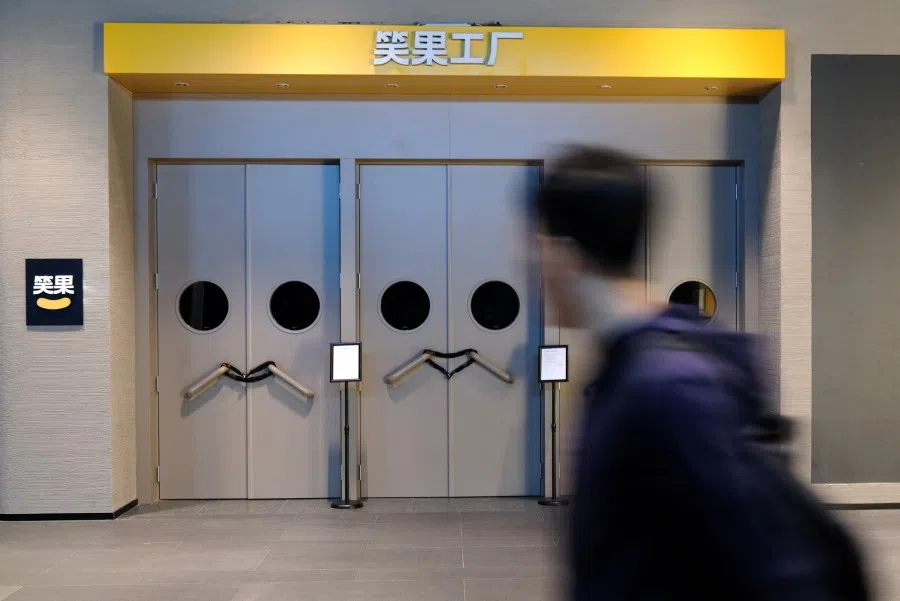
On 15 May, he said that society should have firm positions and principles while also allowing for the necessary room for tolerance. The next day, he called for appropriate punishments based on investigations, adding that Li and the comedy company should be given the opportunity to reflect and do better, without being "cancelled".
However, Hu's posts did not quell the situation but instead attracted more criticism from netizens.
As public opinion raged on, on 17 May the Beijing Municipal Bureau of Culture and Tourism announced that administrative penalties would be imposed on Xiaoguo Culture, the company that Li belongs to. The penalties included a warning, confiscation of "illegal gains" of over 1.32 million RMB (US$187,200), and a fine of more than 13.35 million RMB. The persons involved, as well as their agencies and the venue operators, will also face further legal responsibilities for related violations. The company's shows in Beijing have also been suspended indefinitely.
On the same day, the police also issued a statement that the incident had caused a severe negative social impact, and they had initiated an investigation.
On 17 May, the incident further blew up when a woman from Dalian questioned if it was appropriate to "cancel" the comedian. In a comment under the topic "Comedian House, affiliated with Xiaoguo Culture, accused of offending the PLA", she also wrote, "Aren't all soldiers dogs?" She was reported and subsequently detained by the police for administrative punishment.
... the authorities' critical stance and the intense public opinion reinforced each other and escalated the incident.
Controlling public opinion
The escalation of this incident highlights the current state of public opinion in China, where patriotic and intensely emotional voices have become the mainstream of social discourse. Meanwhile, more rational voices such as Hu's are criticised, aggravated by the lower tolerance in general public opinion.
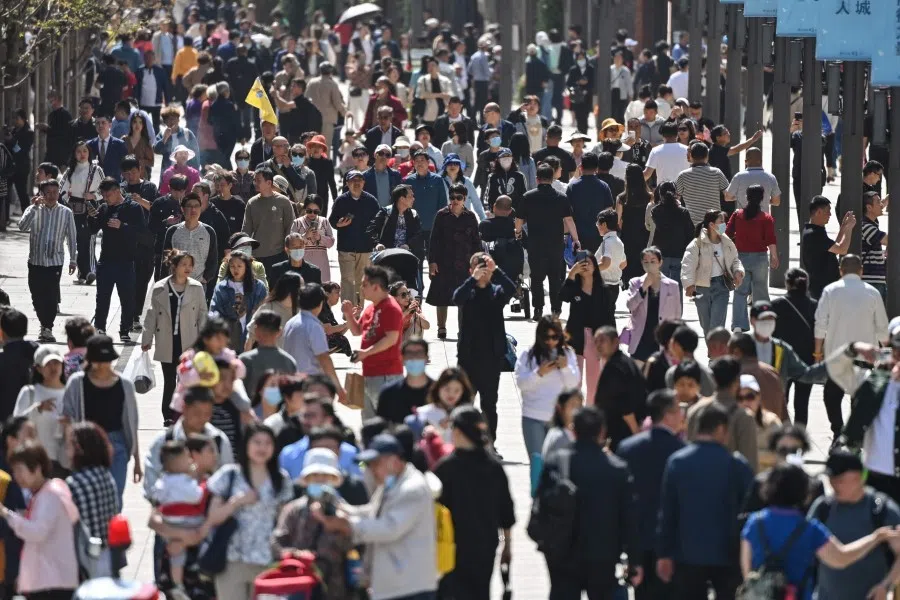
Looking at the initial official response, it seems the authorities did not plan to involve the police, but rather chose to handle the situation through articles in state media to condemn the incident. However, the authorities' critical stance and the intense public opinion reinforced each other and escalated the incident.
Just when China is committed to revitalising its economy, a tense public opinion environment is not conducive for social harmony, innovation, economic development or China's international image.
Recently, there have been more rational voices calling for "precise handling" of the incident by the authorities. Perhaps it is easier for the authorities to draw red lines and impose severe punishments than to prevent the online amplification of incidents amid the current public opinion climate. The latter is surely a tougher test of the authorities' ability to effectively control public opinion.
This article was first published in Lianhe Zaobao as "脱口秀风波为何不断升级?".





